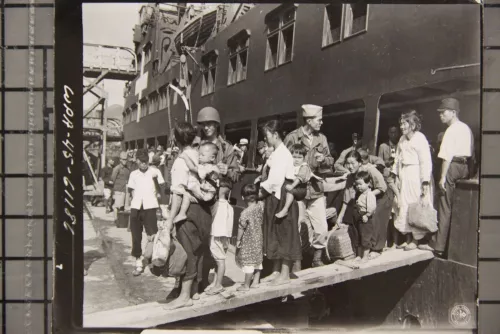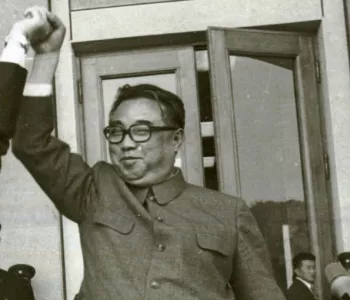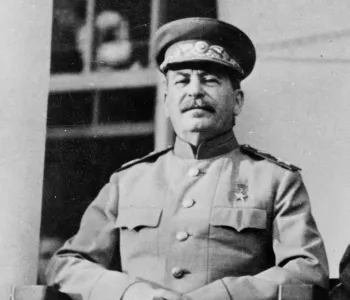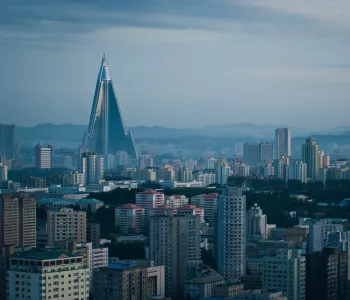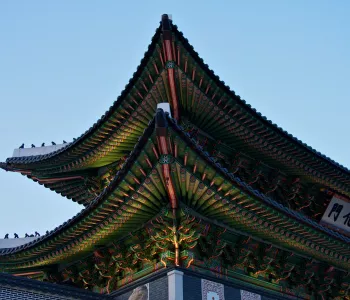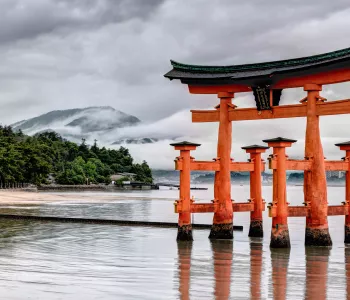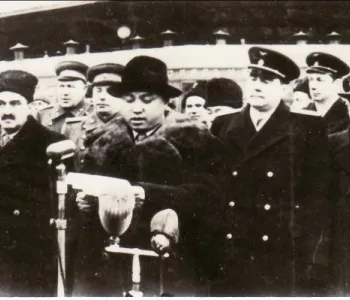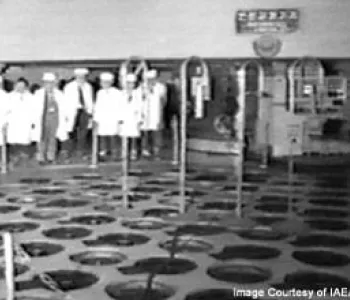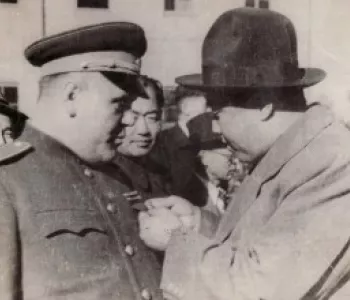The wartime Allied Powers meet in Moscow and agree that the Soviet Union, the United States, China, and Great Britain should constitute a four-power trusteeship of Korea for up to five years in order to prepare the country for independence.
Despite unified Korean opposition against a four-power trusteeship, the Soviet Union orders Communists to switch their positions in favor of the trusteeship, costing them popular support in the south. Nationalist leader Cho Man-sik, who publicly opposed trusteeship, was placed under house arrest by the Soviet Red Army and disappeared from public life.
